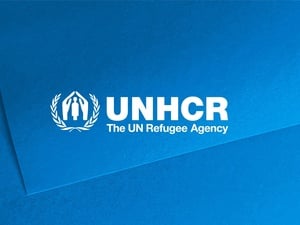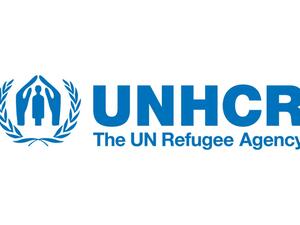Reports of interceptions at sea
Reports of interceptions at sea
UNHCR has followed with profound concern recent reports in the media and from the community in relation to the interception at sea of individuals who may be seeking Australia’s protection.
UNHCR does not have official confirmation of these reports.
When boats presumed to be carrying asylum-seekers are intercepted, UNHCR’s position is that requests for international protection should be considered within the territory of the intercepting state, consistent with fundamental refugee protection principles.
UNHCR considers that individuals who seek asylum must be properly and individually screened for protection needs, in a process which they understand and in which they are able to explain their needs. If protection issues are raised, they should be properly determined through a substantive and fair refugee status determination procedure to establish whether any one of them may be at risk of persecution or other serious human rights violations. This remains the case when bilateral or multilateral arrangements are involved. Anything short of such a screening, referral and assessment may risk putting already vulnerable individuals at grave risk of danger.
International law prescribes that no individual can be returned involuntarily to a country in which he or she has a well-founded fear of persecution.
UNHCR is at all times available to provide advice to the Government of Australia and other governments on how best to ensure the international protection needs of individuals intercepted at sea, based also on relevant Conclusions of the Executive Committee of UNHCR’s Programme.
UNHCR appreciates actions taken by the Australian Government to save lives in rescue-at-sea operations and its willingness to work with UNHCR and other states to develop a regional approach to maritime movements.
UNHCR urges renewed efforts towards the development of viable alternatives to potentially dangerous boat journeys for asylum-seekers, refugees and stateless persons.




